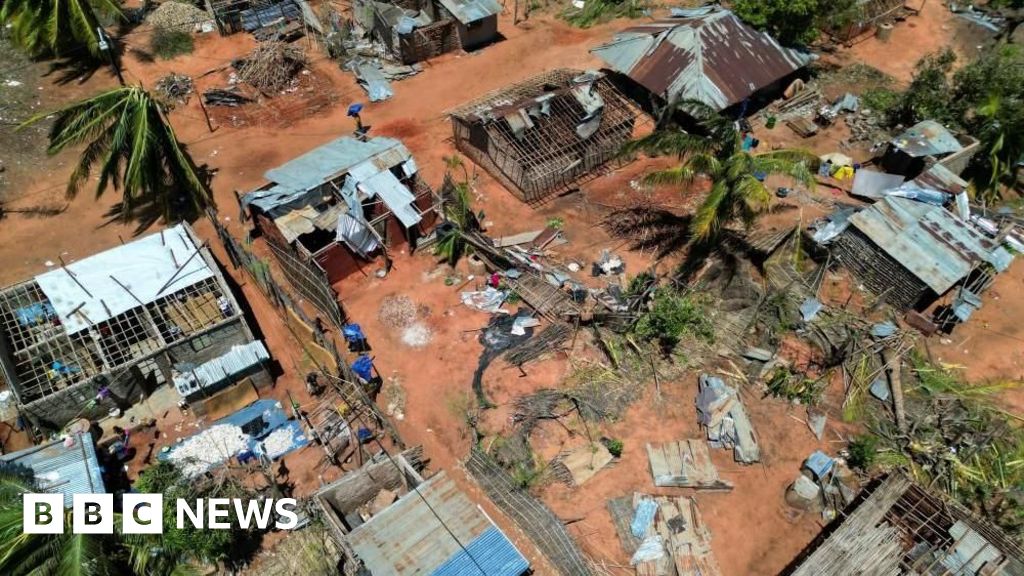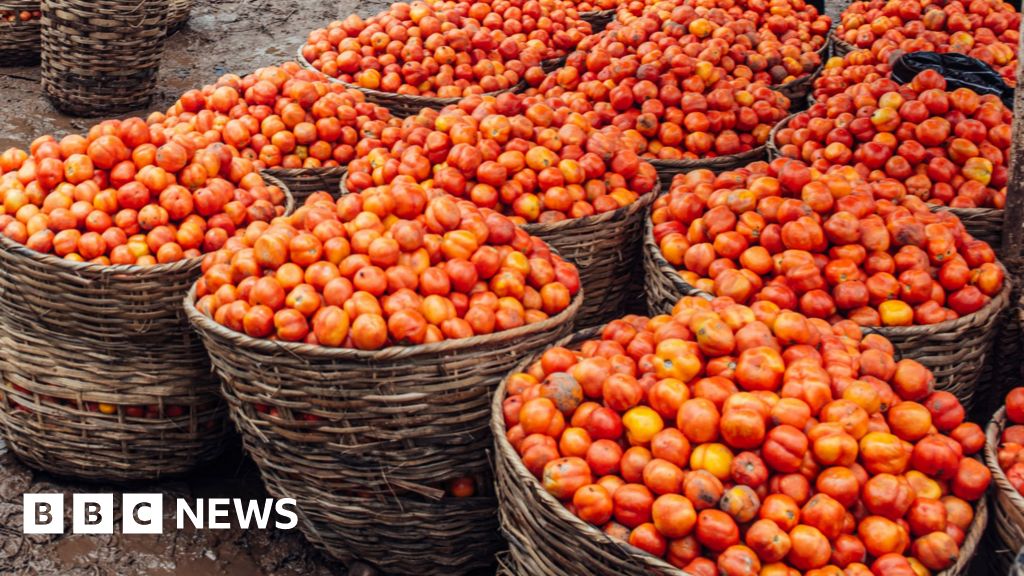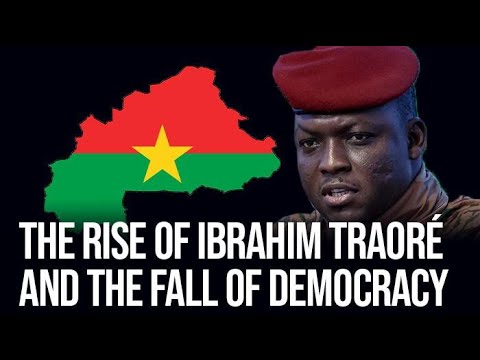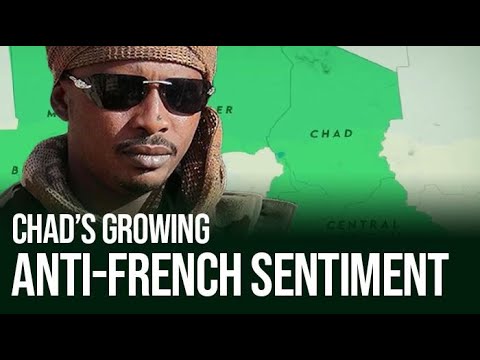Your poster series last week described Trevor McDonald as becoming the "first black British newsreader" in 1973, and Moira Stuart as becoming "Britain’s first black woman news presenter" in 1981 (The Black History Timeline, October 13-17).
Not taking anything away from my excellent colleagues, I must put history right and state that in 1968 I made headlines in British newspapers when I was appointed one of three on-camera reporter/interviewers on Thames-TV’s daily evening show, Today with Eamonn Andrews.
It was the first time a black person had appeared on British TV in a non-entertainment role and, as I had been a journalist all my professional life, I enjoyed the job which involved interviewing everyone: Prime Minister Harold Wilson, movie star Michael Caine and round-the-world yachtsmen, as well as ordinary people in newsworthy situations.
After nine months, though, my contract was terminated and I was told that the producers were under pressure from viewers who called in daily to say, "Get that n****r off our screens." My producer tried to break it to me gently, but it still hurt, especially when I was replaced by an Australian girl.
My next job was in a similar capacity with ATV-Birmingham’s Today show, aired during a time when Enoch Powell had made black immigration a major issue. I could not get a hotel room in that city and had to return each night to London and commute each morning by train back to Birmingham, until I finally got a room at the YWCA.
I remember having to listen without reacting when the production staff asked: "What ‘wog’ story are we doing today?" Or: "If black people are so equal, how come they never painted the Mona Lisa?"
I was once sent to do a story where I had to swim one lap of a pool. I am a good enough swimmer to have swum Jamaica’s Cross the Kingston Harbour race when I was 15; but as I knew I would be going on camera later that day, I kept my head and hair above water. Later that evening I sat and watched as the story unfolded: black people don’t swim as well as whites because they won’t put their heads underwater.
I also remember coming back to the studio after doing a story on a miserably cold day to find that Enoch Powell had just left after doing a live interview on condition that "the black girl" was not there.
My next (and most pleasant) job was as research assistant with the BBC Man Alive series produced by Desmond Wilcox. But after a few months, Chris Blackwell and Perry Henzell offered me a job as a public relations officer for the first Jamaican film, The Harder They Come, and I decided it was time to return home permanently in 1972.
I have since continued my career as a journalist, writing columns, doing TV and radio broadcasts and making eight films, on issues of culture and black history. I am quite proud of having achieved this milestone in British race relations and I hope to publish my story one day.
Barbara Blake Hannah is an author, music journalist and film-maker, and a former senator in the Jamaican parliament
jamediapro@hotmail.com
It wasn't Trevor or Moira – I was the first black British TV presenter – The Guardian
Related Posts
How an RSF commander’s defection resulted in a bloodbath in Sudan
Social media Former RSF commander Abu Keikal switched his constancy to the Sudanese military Research by means of BBC Examine of movies appearing opponents boasting of a bloodbath and upcoming…
Cyclone Chido kills 94 population in Mozambique
Reuters Cyclone Chido has killed 94 population in Mozambique because it made landfall within the east African nation utmost presen, native government have mentioned. The rustic’s Nationwide Institute of Possibility…











